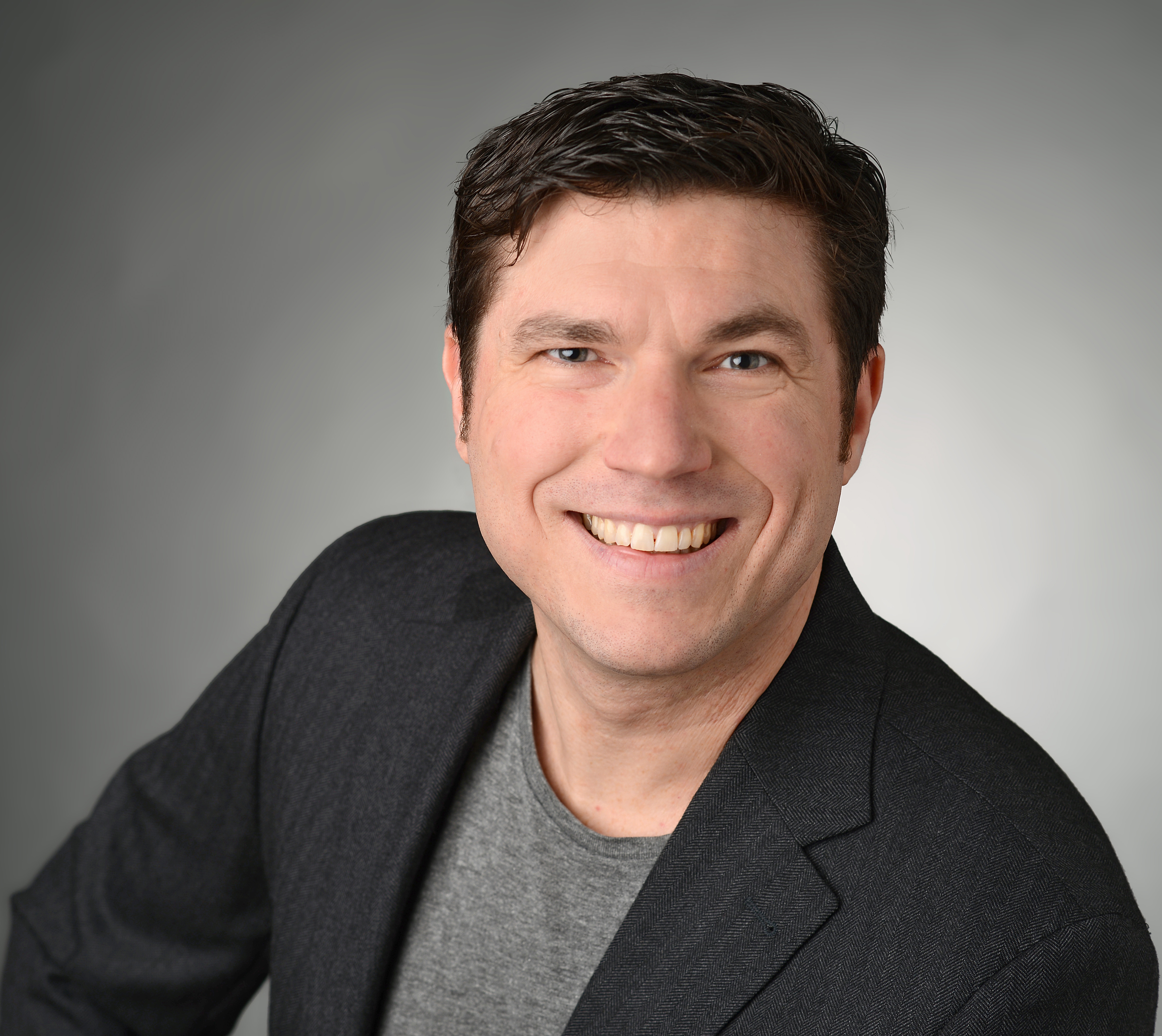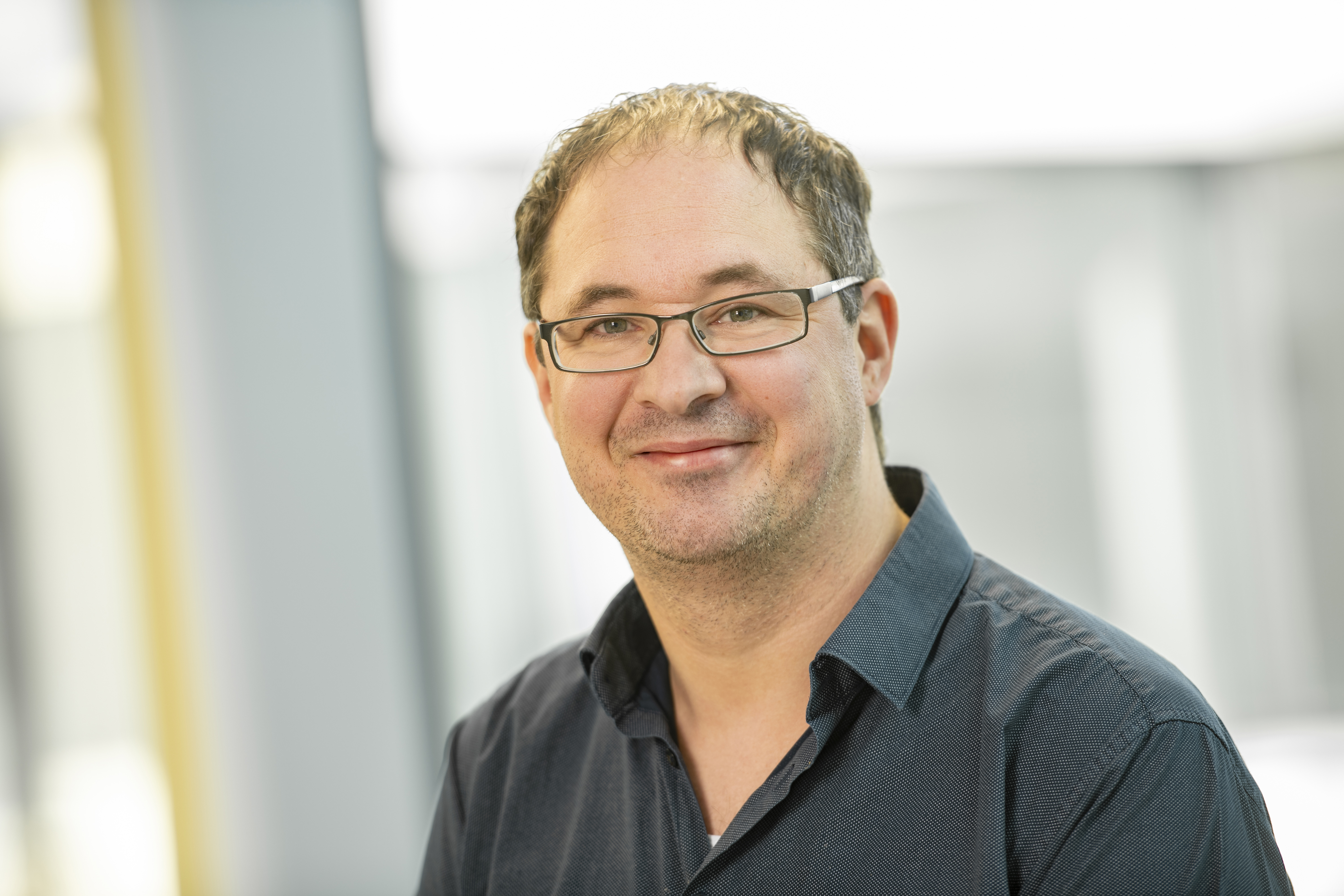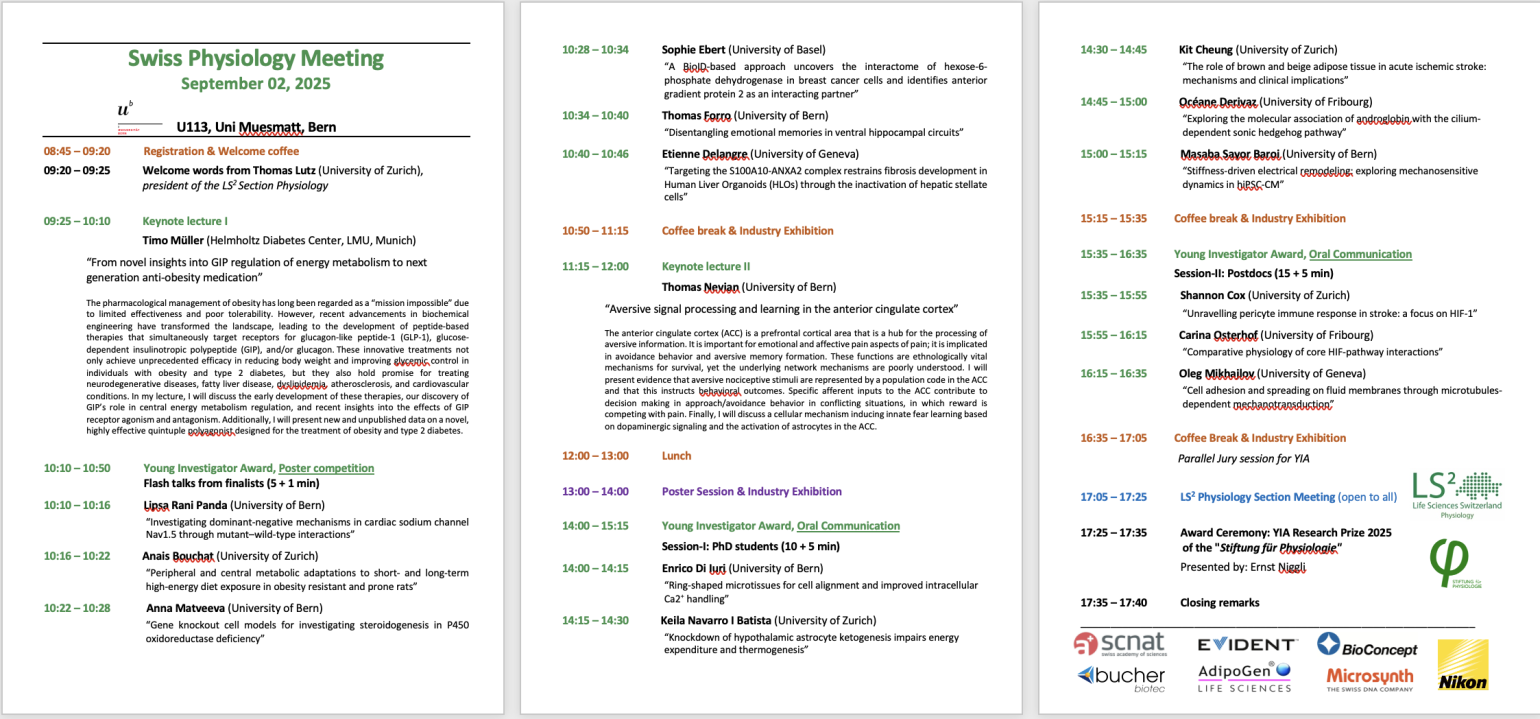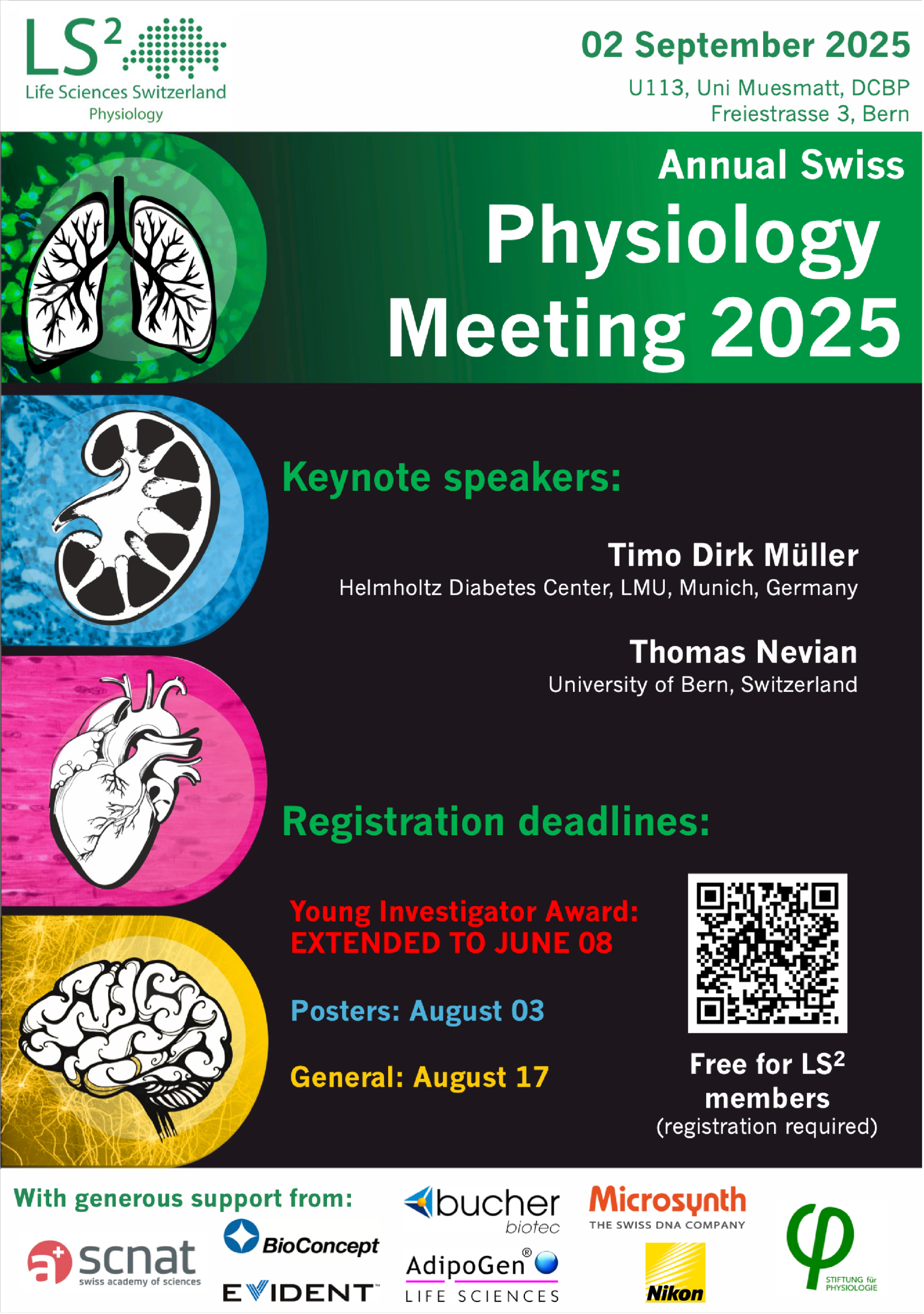Keynote speakers
|
Thomas Nevian (University of Bern, Switzerland) Thomas Nevian studied physics and biophysics in Heidelberg, Germany, St. Andrews, UK and at the Cornell University, USA. He performed his PhD work with Prof. Dr. Bert Sakmann at the Max-Planck-Institute for Medical Research in Heidelberg, investigating cellular mechanisms of plasticity in cortical neurons. After his dissertation in 2003 and two further years as post-doc in Heidelberg, he became a group leader in the Department of Physiology at the University of Bern (Switzerland). In 2010 he received a Research-Professorship of the Swiss National Science Foundation (SNF-Professor). In 2012 he was appointed Tenure-Track-Assistentprofessor and since 2014 he is Full Professor of Physiology (Ordinarius) at the University of Bern and Co-Director of the Department of Physiology. His research in Neuroscience was awarded with the Pfizer Research Prize twice (2008, 2016) and in 2012 he received the Theodor-Kocher-Preis as best young researcher of the University of Bern. In 2015 he received an ERC-Consolidator grant to study the neuronal networks involved in pain processing in the cerebral cortex. He is a member of the steering committee of the Clinical Neurosciences Bern (CNB) and was Secretary of the Swiss Society for Neuroscience. Thomas Nevian investigates the fundamental mechanisms of signal processing in the brain using state-of-the-art microscopy and electrophysiology techniques. His research group investigates the biophysics of neurons, principles of memory formation and the development of chronic pain. Here the main focus is to understand pain processing in the anterior cingulate cortex, a brain region that is involved in the emotional processing of the experience that comprises pain.
|
 |
|
Timo Müller (Helmholtz Diabetes Center, LMU, Munich, Germany) Timo Müller is the Director of the Institute for Diabetes and Obesity at Helmholtz Munich, and a full Professor for energy and glucose metabolism at the Walther-Straub-Institute for Pharmacology and Toxicology, Ludwig-Maximilians-University Munich (LMU). Dr. Müller is a globally recognized scientist who has achieved considerable international acclaim for his research on incretin-based pharmacology. His notable contributions include the identification of the brain GIP system as a crucial regulator of energy metabolism. Additionally, he has played a pivotal role in developing innovative pharmacological concepts for treating obesity and diabetes. Continuously at the forefront of diabetes research, Dr. Müller's work has significantly advanced our understanding of how gut hormone therapeutics can effectively address obesity and diabetes. His studies, starting with the demonstration of the superiority of GLP-1-based combination therapies over GLP-1 monotherapies for enhancing glucometabolic control in obese rodents, have been instrumental. Dr. Müller is a co-pioneer of the concept of peptide- mediated nuclear hormone delivery, presenting it as a novel pharmacological strategy for treating obesity, diabetes, and dyslipidemia. Beyond this groundbreaking concept, Müller has identified novel pathways associated with body weight and glucose control. His work also highlights the CNS GIP receptor as a key regulator influencing body weight and food intake through GIPR agonism and GIPR:GLP-1R co-agonism. With the recent clinical success of the GIPR:GLP-1R co-agonist Tirzepatide, Dr. Müller's studies not only enhance our understanding of how these drugs act in the brain to control energy and glucose metabolism but also pave the way for selectively targeting the GIP system with next-generation drugs. Dr. Müller boasts an impressive track record of over 160 peer-reviewed manuscripts, including articles in Cell, Nature Medicine, Cell Metabolism, Nature Metabolism, JCI, and Nature Communications. Müller is part of various academic associations, such as e.g. the American Diabetes Association, the European Association for the Study of Diabetes (EASD), the Endocrine Society, the Obesity Society, and his recognitions include the Galenus-von- Pergamon Prize of Springer Medicine, the Werner-Kreuzfeld Award of the German Diabetes Association and the Minkowski Award of the EASD. |
 |

